What every mindful beauty junkie should know

shampoo
On average, a person uses ten bottles of shampoo a year. That’s an average of 806 bottles of shampoo for every German in their entire life – around 25kg of plastic that accumulates per person just from shampoo bottles. However, it's not just a lot of plastic waste that's caused by conventional shampoo. The ingredients are often bad too. Many shampoos contain polyquaternium, which puts a protective film over the hair. However, it is not biodegradable and gets into the wastewater in the form of microplastics and ultimately into the sea. But that's not all: conventional shampoo also usually contains chemical, aggressive surfactants, such as SLS. But fragrances, colorings and preservatives can almost always be found. There are now many sustainable alternatives that are better for you and the environment. With solid products you save on plastic packaging and use less product because you only take as much as you really need. Do you already know our hair care products ? From shampoo powder to hair soap to ghassoul powder for no-poo fans - there is something for every taste.

conditioner
Many people use a conditioner after every hair wash. These are almost always wrapped in plastic. They also often contain silicones. Silicones are liquid plastic compounds that form an impermeable layer on the hair and make it look healthy, but prevent care ingredients from being able to penetrate. So it's more appearance than reality. You can now find solid conditioners too, but did you know that you can easily conjure up your own conditioner at home using natural ingredients?
Sour Rinse: Mix 1 liter of water with 2 teaspoons of apple cider vinegar. Neutralizes the pH value, closes the outer cuticle layer of the hair, gives shine and makes it easier to comb.
Dandelion Rinse: Boil 1 liter of water with 2 handfuls of dandelion flowers. Good for dry, brittle hair, adds shine and helps with oily scalp and dandruff.
Rosemary rinse: Boil 1 liter of water with 90g of rosemary. Good for itchy scalp and dandruff, stimulates hair growth, gives shine
hair gel
Hair styling is also a very interesting beauty topic with a plastic problem. In Germany alone, around 3.59 million people (from the age of 14) use hair gel every day. It is usually found wrapped in plastic on drugstore shelves. And the product itself often contains plastic in the form of silicone, i.e. liquid plastic, or microplastic. Some hair gels also contain controversial fragrances, some of which are even suspected of having hormonal effects. This includes, for example, the synthetically produced musk scent. If you want to read more about questionable ingredients, then you should definitely stop by here . Good news: you can easily make hair gel yourself. And for this you only need two ingredients:
- 25g whole flax seeds
and
- 250ml of water
The flaxseeds are brought to the boil in the water, stirring constantly, until a sticky consistency is formed. The whole must then be poured through a sieve. As soon as it has cooled down, you can use the gel.
Soap
As far as hygiene is concerned, it doesn't matter what type of soap is used. Washing hands with soap can reduce the risk of infection by a whopping 50%. Still, hand washing with solid soap is better for you and the environment. Not only the packaging of liquid soap is almost always made of plastic. The soap itself often contains microplastics to make it creamy and shiny. You can recognize microplastics, for example, by the designations PA, PET, ACS or PP. But liquid and solid soap also differ in other ingredients. Liquid soap usually contains chemical surfactants and artificial fragrances and preservatives. But be careful: Even solid soap is not automatically free of questionable ingredients. Some soaps contain animal fat based on beef tallow (sodium tallowate) to help the soap lather. Therefore, make sure to use natural soaps. Natural soaps, like our Natron Repair hand care soap , have a natural moisturizing effect and clean and care for the skin at the same time. They are biodegradable and can also be purchased unpackaged. They also last an average of four times longer than a traditional liquid soap. To prevent germs from forming, the soap must always be stored in a dry place. Soap stones or soap bags are suitable for this. Do you just prefer liquid soap? No problem: Here we have shown you how you can easily make your own liquid soap from solid soap.

glitter
Most glitter is made of or contains plastic. It is therefore not biodegradable, the small plastic particles get into the environment uncontrolled. Very few sewage treatment plants can filter the glitter particles out of the water. This is how they get into open water and onto our fields. Animals can mistake the glitter for food. If they absorb this, it can have serious health consequences for them, but also for us. We also absorb microplastics through the food chain. Did you know that people ingest up to five grams of microplastics per week? This corresponds to the weight of a credit card. Of course it would be a shame if we had to do without glitter. Fortunately, there are now environmentally friendly alternatives. Do you know NatureGlitz ? Their glitter consists of renewable, natural, plant-based products such as cellulose and is therefore biodegradable.

face masks
Unfortunately, face masks often hide environmentally harmful plastic compounds, PEG and allergy-causing fragrances. In addition, there is the plastic packaging, and in the case of sheet masks, the mask itself, which ends up in the garbage after a single use. Face masks are almost always packed in plastic, mostly even individually. But far too often there is (micro)plastic in the masks themselves. This gets into the drain when washing up and thus into our waters. Many masks promise more beautiful skin, although the silicone they contain clogs the pores and makes it difficult for the skin to regenerate. Other questionable ingredients such as parabens, fragrances and preservatives irritate the skin. But some ingredients are also very harmful to the environment: Many face masks contain PEG and palm oil. PEG is obtained from crude oil, parts of the rainforest are cleared to produce palm oil. Our face masks are of course plastic-free, vegan and without palm oil.
cotton pads
On average, a person uses about 1,500 cotton pads a year to cleanse their skin. Conventional cotton pads are usually sold in plastic packaging and end up in the garbage after a single use. Like all disposable products, conventional cotton pads are not sustainable. With us you will find reusable pads made of a hemp-cotton mixture. After use, you can simply wash them at 60°C and use them over and over again. They even come in a handy laundry bag that doubles as storage.

cotton swab
Lots of people use cotton swabs for very different purposes. Whether cleaning ears, correcting make-up mistakes or cleaning small corners that are otherwise difficult to access - the small chopsticks can be found in almost every household. About 1.5 million cotton swabs are produced every day. A considerable amount when you consider that it is a disposable product that usually ends up in the (residual) waste just a few seconds after use. In fact, cotton swabs are among the top ten most disposable items found on beaches and bodies of water. Fortunately, the cotton buds themselves now do without the plastic handle. Sometimes because this type of cotton swab is expected to be banned from early 2021. Unfortunately, the plastic packaging remains with most providers. Plastic-free cotton swabs are of course the more environmentally friendly alternative, but they are still very resource-intensive. Especially when you consider that it is a disposable product. But do we even need cotton swabs? Experts recommend not cleaning your ears with cotton swabs anyway. The risk of injury is quite high and the earwax is usually only pushed deeper into the ear canal. In fact, ears clean themselves. If you're more comfortable cleaning them yourself, then medical grade ear cleaners with a stainless steel or bamboo loop might be a sustainable alternative for you. But please be careful! In order to correct make-up mistakes, it doesn't necessarily have to be cotton swabs. You can also just put reusable cloths or pads over your finger and touch it up with them. If you are careful, you can also try this with the end of a narrow brush, the area is of course smaller than with your finger. Incidentally, this also works to get to difficult corners when cleaning. Thin ends of cutlery are also suitable for this.
suncream
Our skin is exposed to dangerous UV rays every day, which primarily attack the top layer of the skin. To a certain extent, the skin protects itself from the sun's rays, but we still need to support it to avoid long-term consequences. That's why we should apply sun protection factor every day, not just in summer. Unfortunately, there is usually a lot more in sun creams that we don't want on our skin... Most sun creams contain chemical UV filters that absorb UV light. Many of these are considered questionable because they are suspected of being hormonally active or even carcinogenic. Look out for ingredients like benzophenone, ethylhexyl methoxycinnamate, octocrylene, or octyl methoxycinnamate, and avoid sunscreen that contains them. By the way, the ingredients are not only bad for our own health. They also harm the environment and marine life, such as corals. For example, oxybenzone causes coral bleaching. About 4000-6000 tons of sunscreen get into coral reefs every year. Coral reefs are already endangered. In 2016, around 85% of 171 reefs on the Great Barrier Reef were bleached. The main reason for this was an exceptionally high sea surface temperature. All the worse when the corals are then also endangered by chemical sunscreen. Instead of sunscreens with chemical filters, you should use mineral sunscreens, especially when swimming in seas and lakes. Make sure that they are free of nanoparticles. Mineral UV filters form a protective layer on the skin and do not penetrate deeply into the skin. Unfortunately, many mineral sunscreens also come in plastic packaging. But you can also find a few variants in metal cans or paper packaging.
razor
About 50% of Germans over the age of 14 use a disposable or system razor. If you assume that these people change their razor blade every month, the amount of waste generated is considerable. In addition to the razor itself, there is also the outer packaging made of plastic and possibly shaving gel bottles. By the way: These almost always contain blowing agents, microplastics and harmful, for example hormonally active ingredients. The easiest way to avoid plastic when shaving is with safety razors. These basically look like conventional razors, but are made entirely of stainless steel. The blades, which are usually wrapped in paper, can be used on more than one side and therefore last longer. This is not only more environmentally friendly, but also cheaper in the long run. Razors are also well-tried. However, this requires a little more practice, as these do not come in the usual razor form. Or do you know the sugaring method? Here we showed you how it works.
dental care
In Germany alone, around 168 million toothbrushes and 413 million tubes of toothpaste are bought every year. As a result, dental care generates a lot of waste, mostly plastic waste. Conventional toothbrushes are actually always made entirely of plastic. Some of them even contain the substance PAH, which is harmful to the environment and health. This is said to have carcinogenic, mutagenic and reprotoxic properties. Some PAHs are even said to be toxic to humans and other organisms. They are also persistent, i.e. difficult or impossible to degrade. A plastic-free alternative are bamboo toothbrushes. Bamboo is a very fast-growing raw material. However, the bristles of these toothbrushes are mostly made of either nylon (i.e. plastic) or animal hair (e.g. pig bristles). There are few versions with bamboo bristles. Some sustainable companies rely on bio-nylon, which can be made from renewable raw materials. Plastic-free and vegan are difficult to combine here. Even with toothpaste, the packaging is almost always made of plastic. But sometimes (micro)plastic can also be found in the paste itself. Other ingredients are also frightening. Many toothpastes contain SLS, a chemical surfactant that can be irritating to skin. The bacteria killer triclosan is also often found. This is also found, for example, in washing-up liquid or deodorants... Do you want that in your mouth? Sometimes even glycerin from pig bones is included in toothpaste. Toothbrush tablets are a sustainable alternative. The fixed form of dental hygiene does not have to be packed in plastic. You can also make your own toothpaste from coconut oil and baking soda. However, experts fear that the necessary fluoride to combat tooth decay is missing. Even with dental floss, the packaging and the product itself are almost always made of plastic. Sustainable alternatives are often coated with beeswax or made of silk, so they are not vegan. A plastic-free and vegan alternative is dental floss made from corn silk and candelilla wax.
deodorant
Deodorants can be found in almost every household. About 2/3 of people over the age of 14 use deodorant every day. More than half of the people prefer to use deodorant spray, followed by around a quarter who prefer roll-on deodorant. Both types are made of or contain plastic. Even with deodorants in glass bottles, the spray head is made of plastic at the latest. Of course, this creates a lot of waste. But unfortunately there is another problem: the ingredients in deodorants are often worrying. Probably the best-known controversial ingredient in deodorants is aluminum salt. This is suspected of being carcinogenic. However, deodorants often also contain preservatives or questionable fragrances that can trigger allergies. Deodorant sprays also contain environmentally harmful propellants. Silicones or petroleum-based paraffins also sometimes find their place. There are now some plastic-free deodorant sticks or creams. In addition, more and more manufacturers are doing without questionable ingredients. The puremetics deodorant sticks are of course plastic-free, vegan and free of palm oil. We do without questionable ingredients that harm you and the environment. However, our deodorants are not antiperspirants - they do not prevent sweating, they only prevent the unpleasant smell. Because sweating is a good thing: the body sweats out toxins and regulates its temperature at the same time. Fresh sweat doesn't stink either. That only happens when it comes into contact with bacteria - and this is where deodorants come into play. Deodorant prevents sweat from smelling unpleasant.

peeling
Many people use peelings to rid their skin of dead skin cells and to stimulate blood circulation. Unfortunately, many conventional peelings contain microplastics. Up to 2.8 million plastic particles get into the sea through a tube of peeling! Animals mistake the particles for food, which can have deadly consequences. The most common plastic in peels is polyethylene (PE). This is found in every third product of face scrubs and every tenth product of body scrubs. You can also recognize microplastics, for example, by the designations polyamide (PA), polypropylene (PP) or acrylate copolymer (AC). Many cosmetics manufacturers use microplastics as abrasives. But why peel with plastic when you can also use natural ingredients? Sugar, salt or coffee, for example, are great for this. Simply mix with a nourishing oil of your choice and enjoy velvety soft skin! You can also find plastic-free scrubs with us. Take a look at our shower fluff , there are currently three versions with sea salt and three versions with sugar peeling. Our Olive Mohn shower soap also contains a natural peeling thanks to the opium poppy seeds it contains.
bath additives
Bath additives are often packed in plastic. They come in large plastic bottles or individually in plastic packets. Did you know that you can easily make bath additives yourself? And even from home remedies! We show you three plastic-free and vegan DIY bath bombs and a DIY bath oil. Have fun trying!
Basic bath bomb recipe:
200g baking soda
100g citric acid
50g cornstarch
30ml vegetable oil (e.g. coconut oil or olive oil)
5-10 drops of essential oil
Try it with...
Eucalyptus: has an antibacterial and anti-inflammatory effect, good for colds
Lavender: has a calming, anti-inflammatory and antispasmodic effect
Bergamot: has an invigorating effect, reduces stress
Ingredients bath oil:
750ml cooking oil
100ml coconut oil
1/2 tsp sunflower lecithin
Essential oil of your choice
food coloring, flower petals
A large glass bottle
Preparation bath oil:
Step 1: Put all the ingredients in a bowl
2nd step: Stir everything together until the sunflower lecithin has dissolved (available in pharmacies, health food stores and online shops)
Step 3 (optional): Add food coloring and flower petals
Step 4: Fill the bath oil into a large, sealable bottle
If you would like to be informed directly about the latest blog posts, please follow us Instagram ! :-)
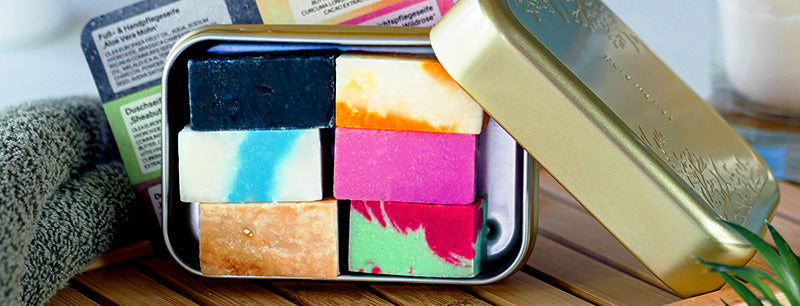
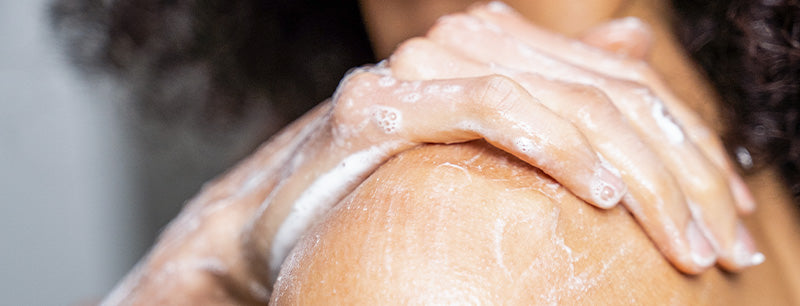
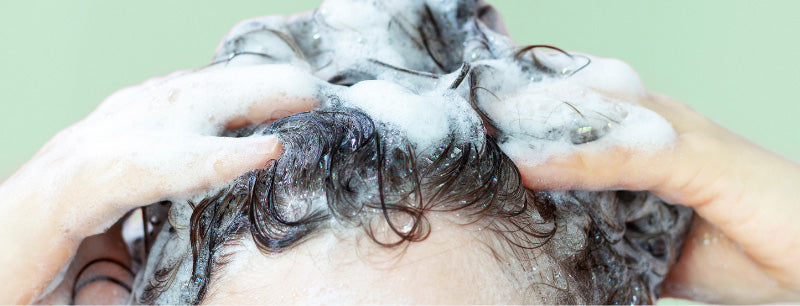
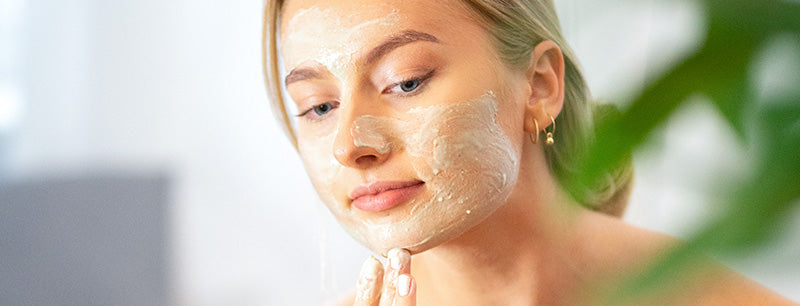
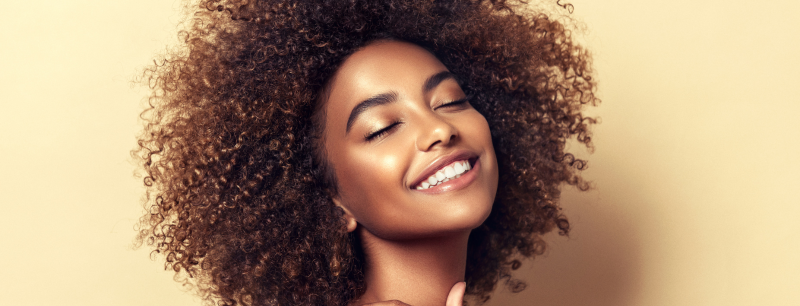
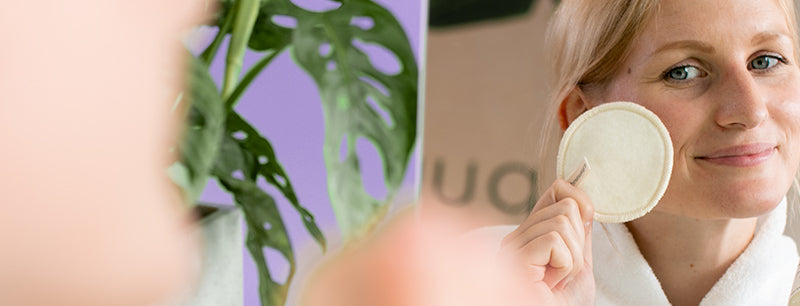
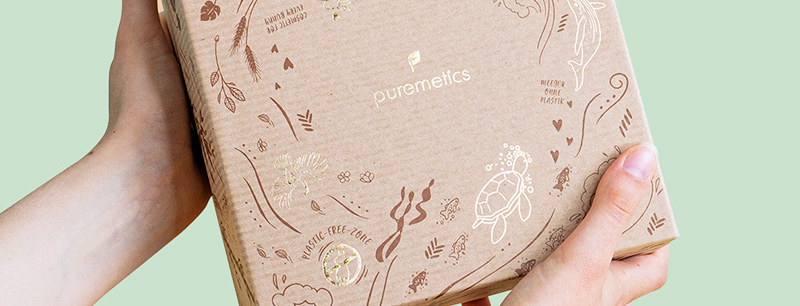

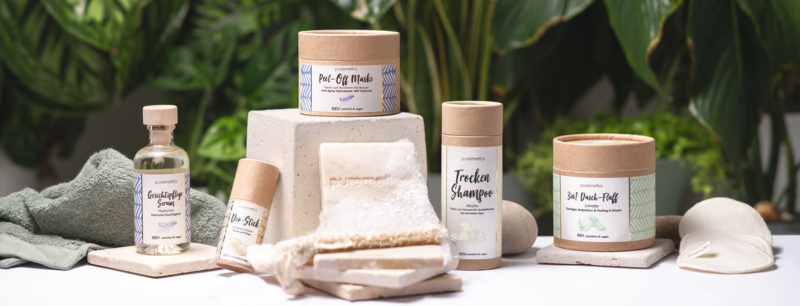






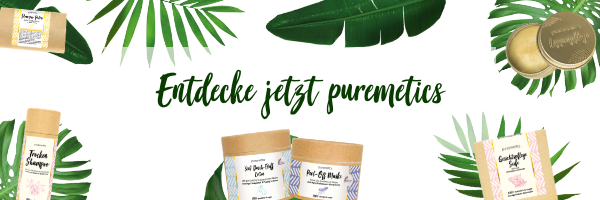



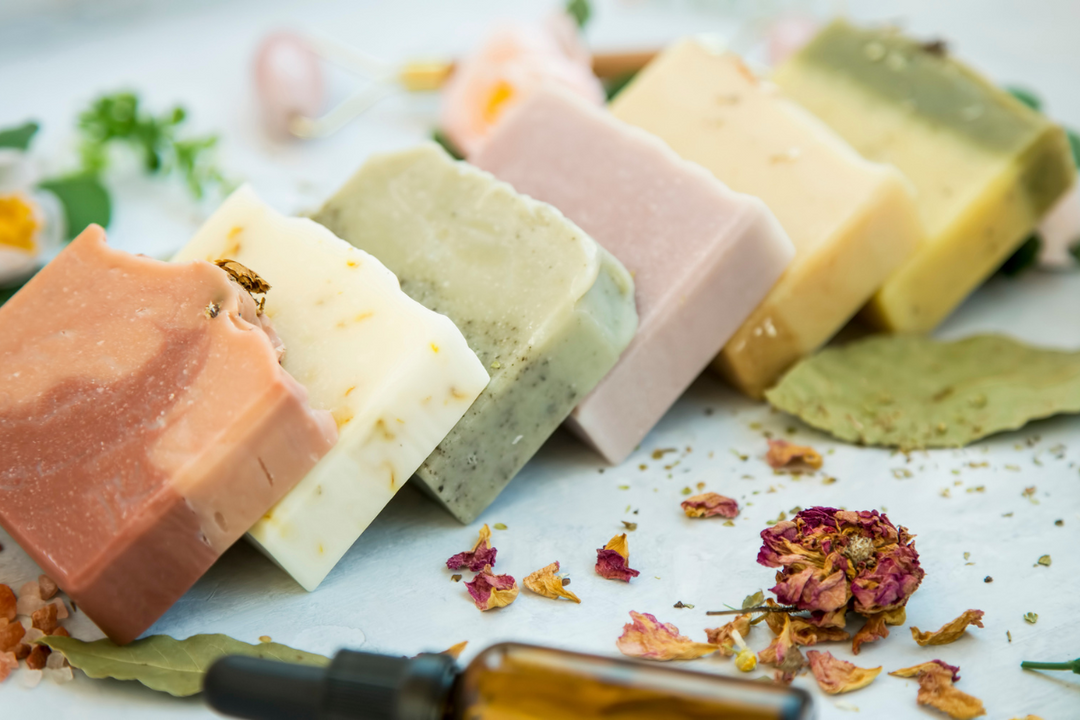
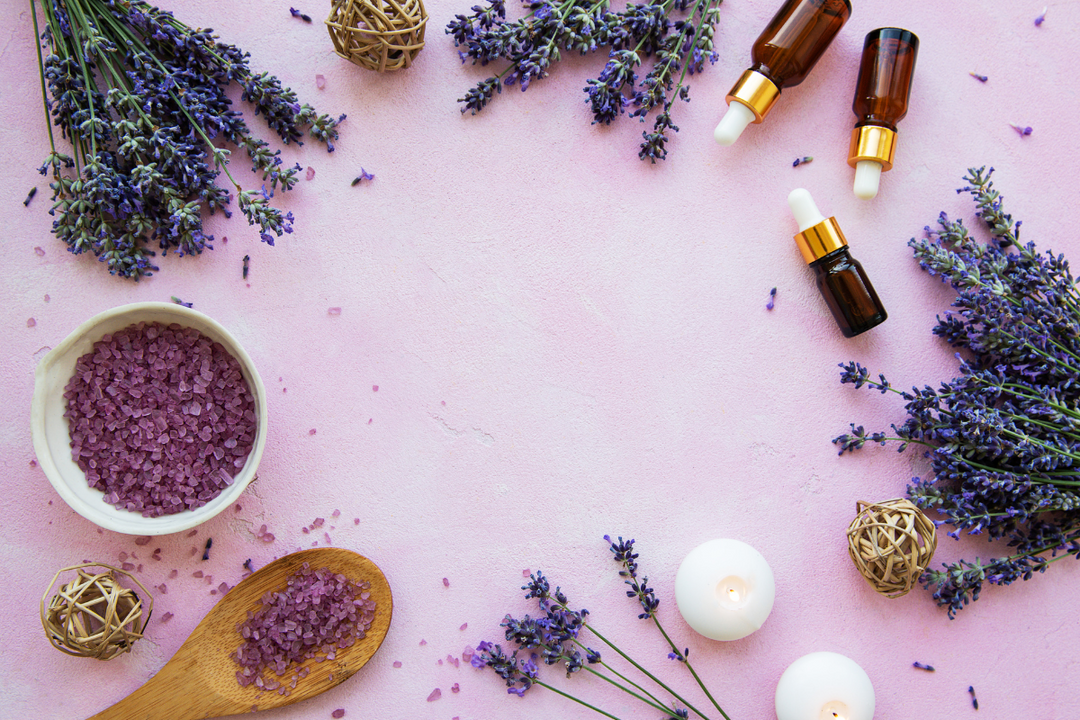
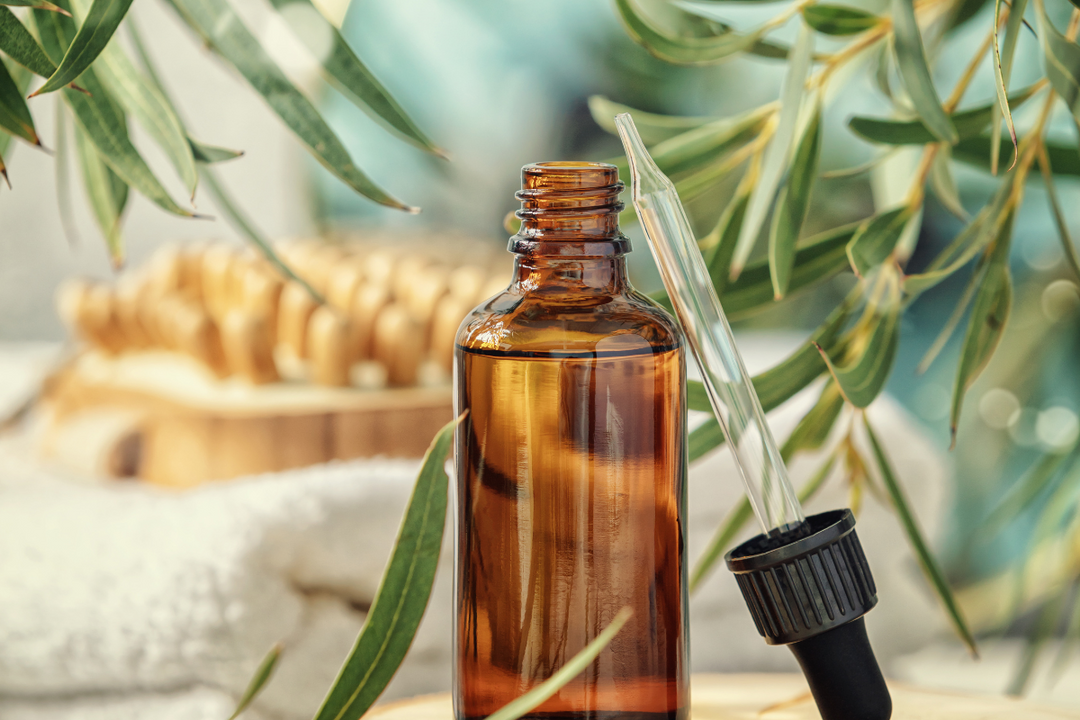
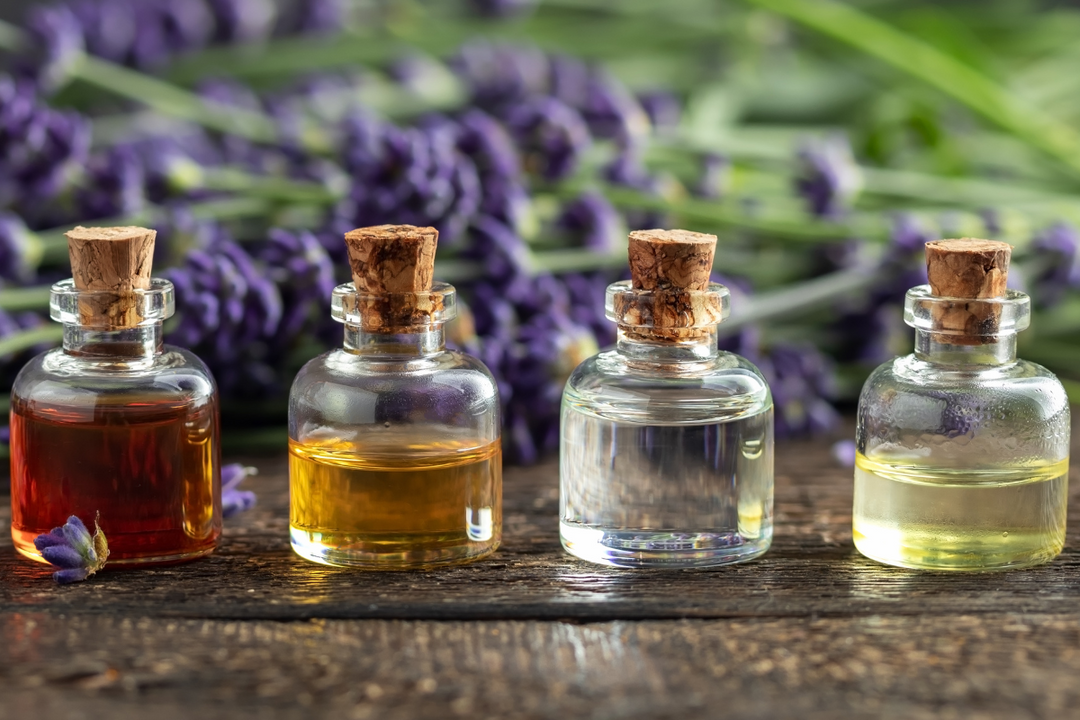
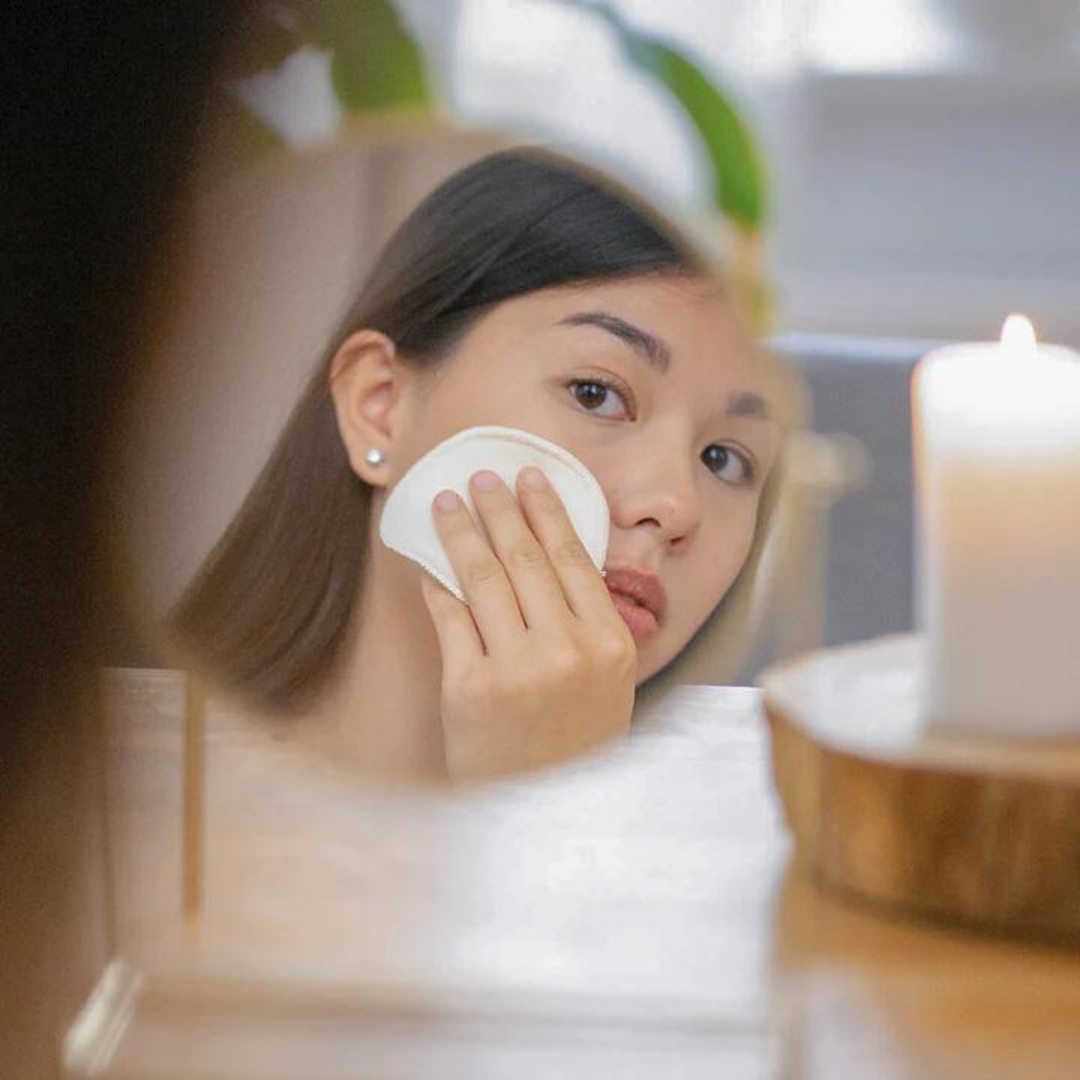
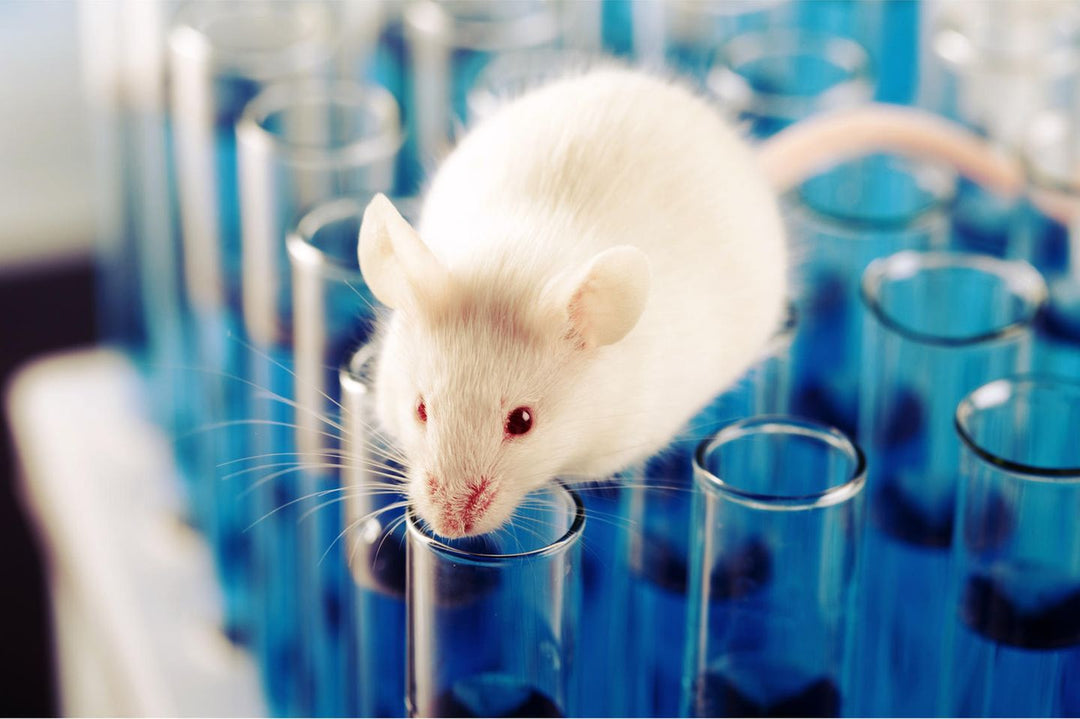
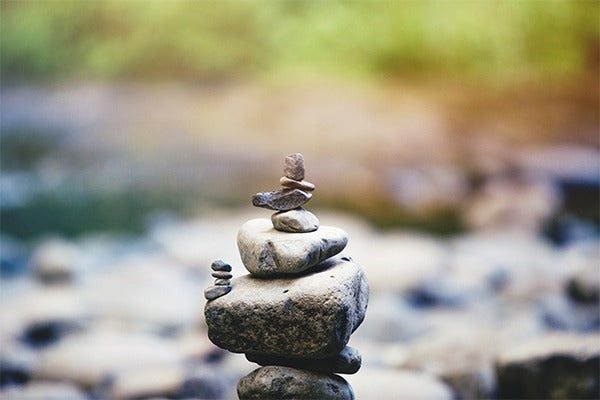
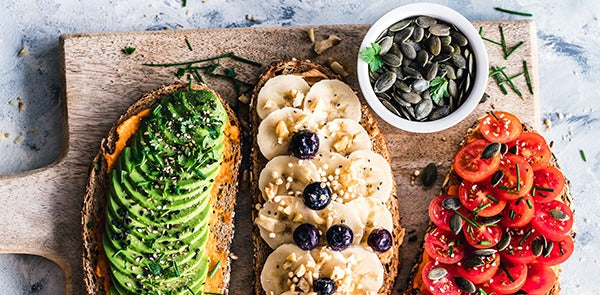
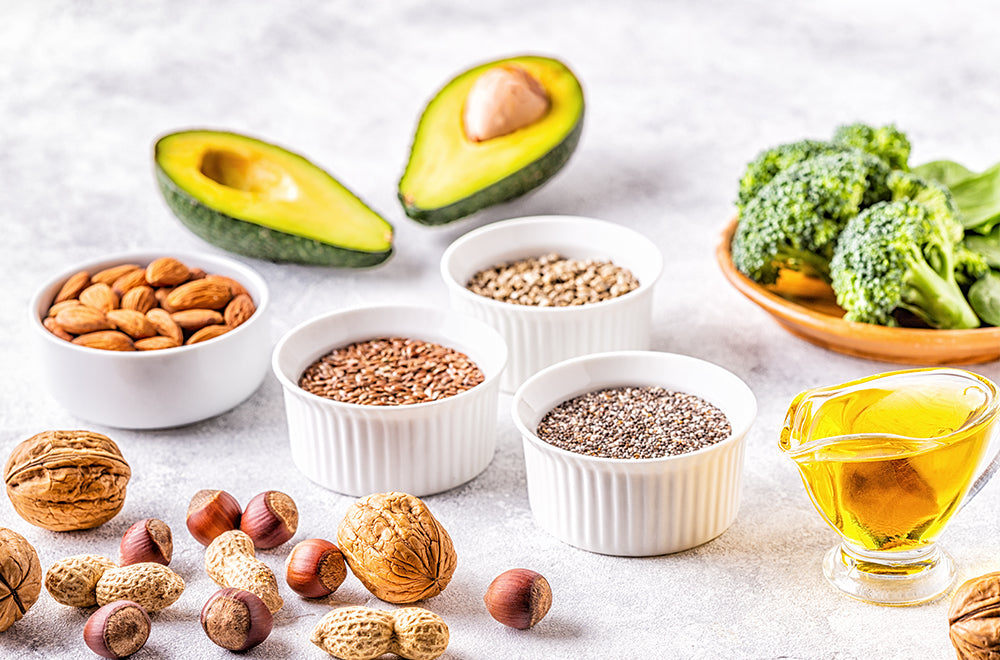
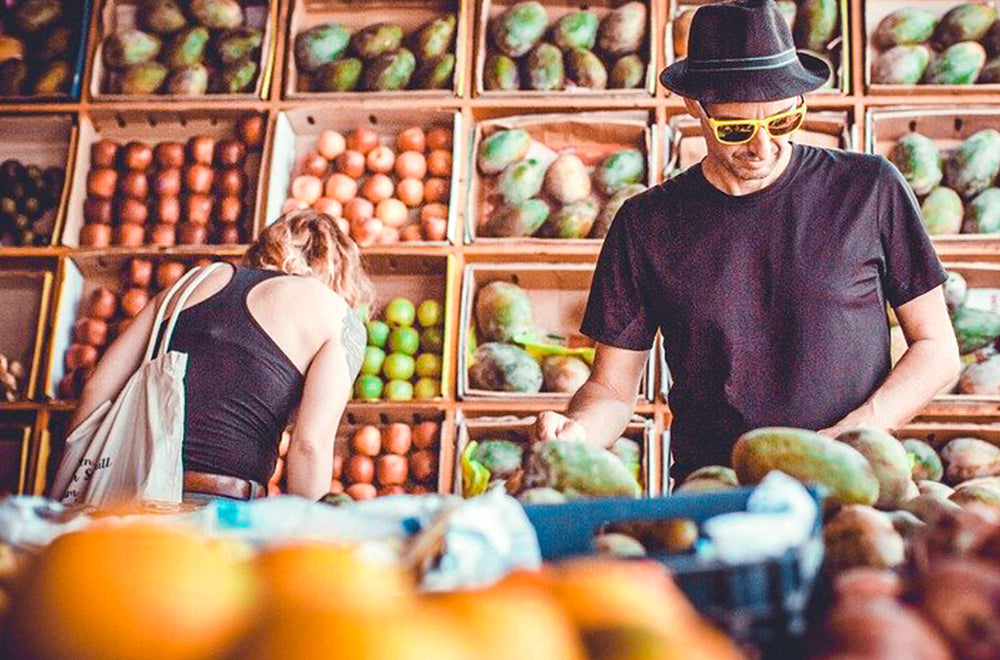
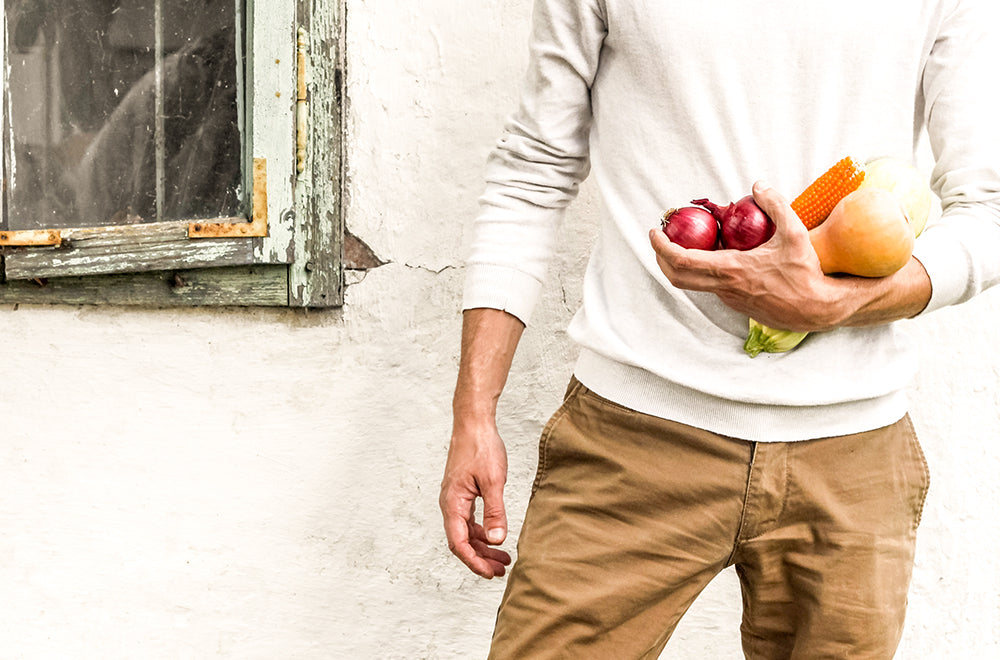
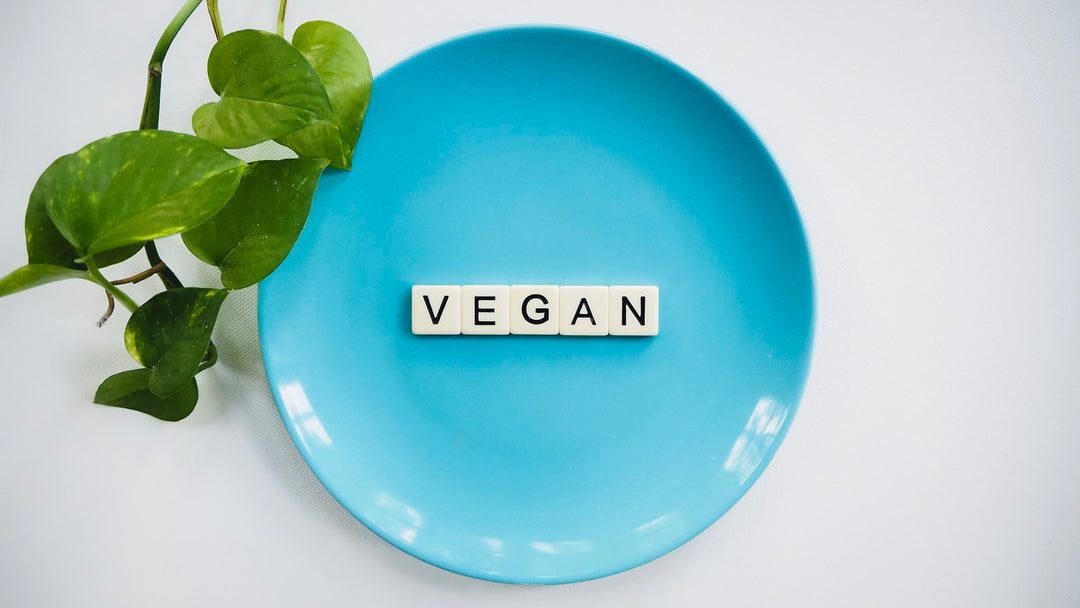


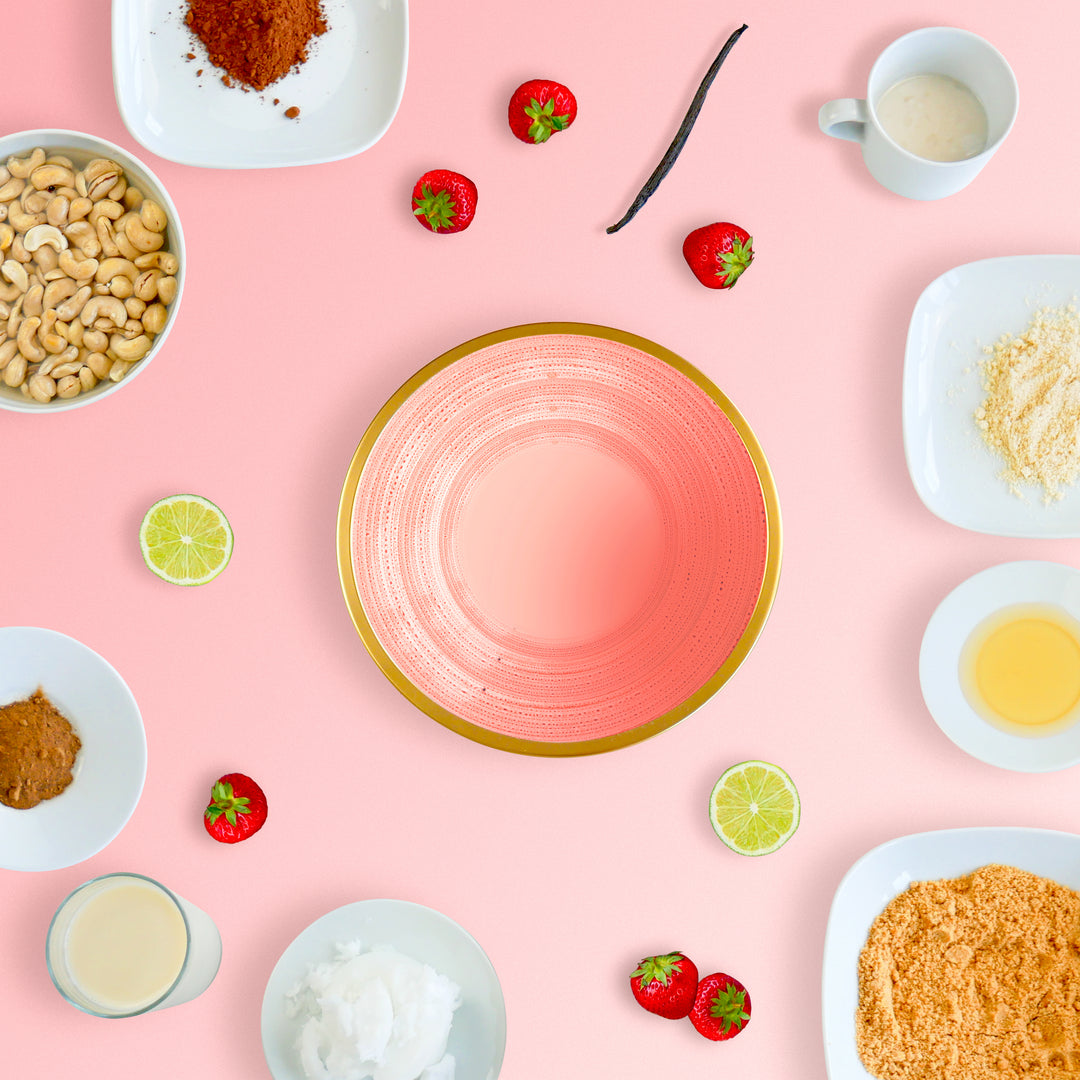

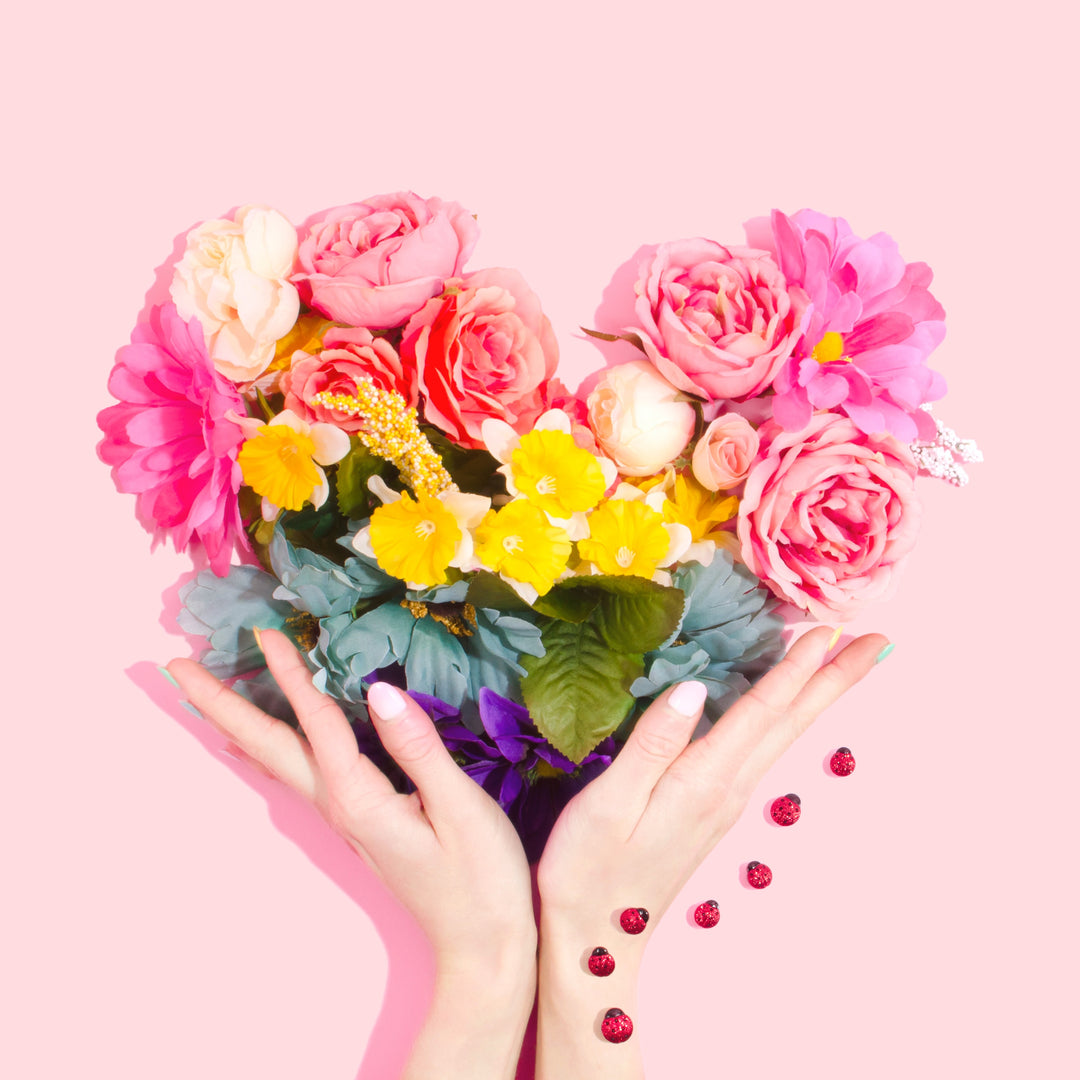
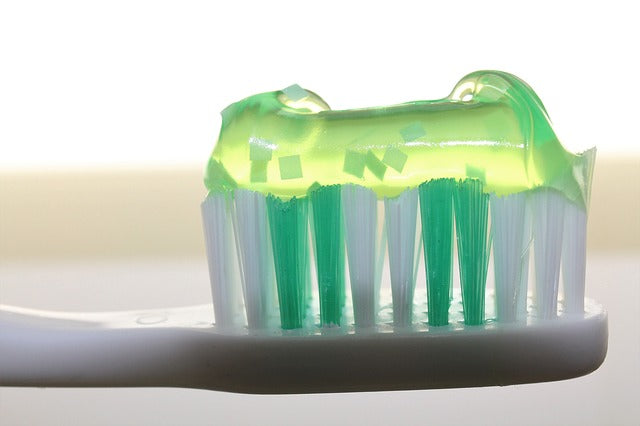
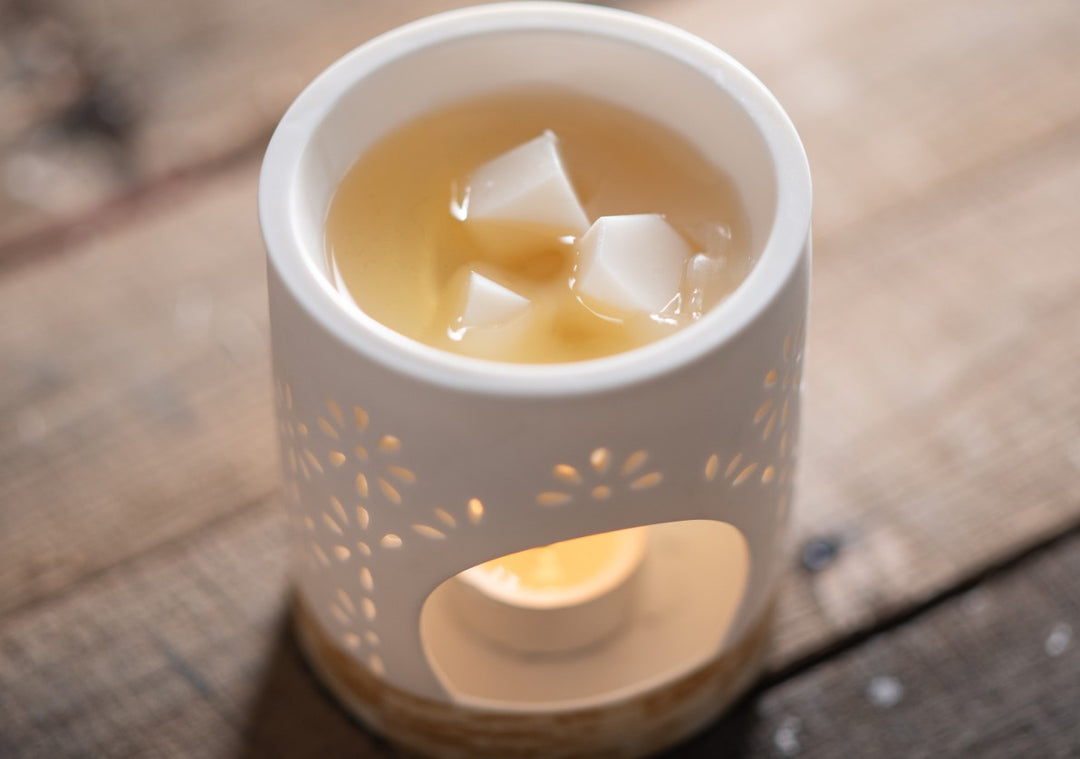
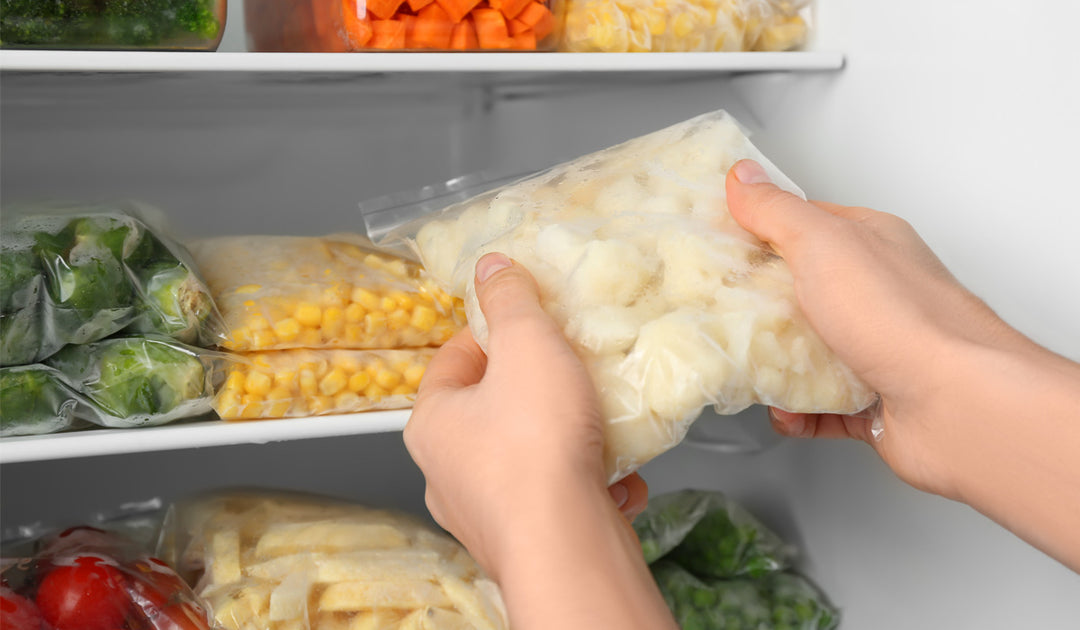
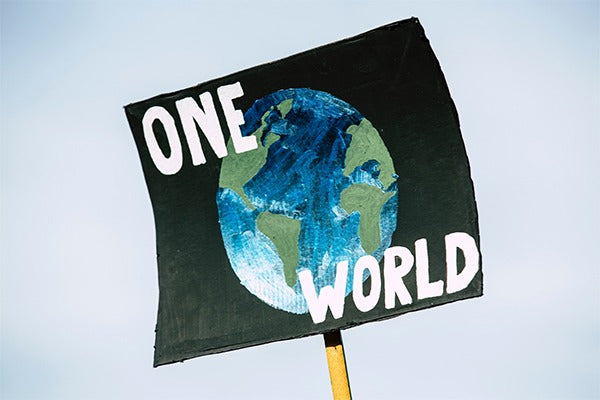

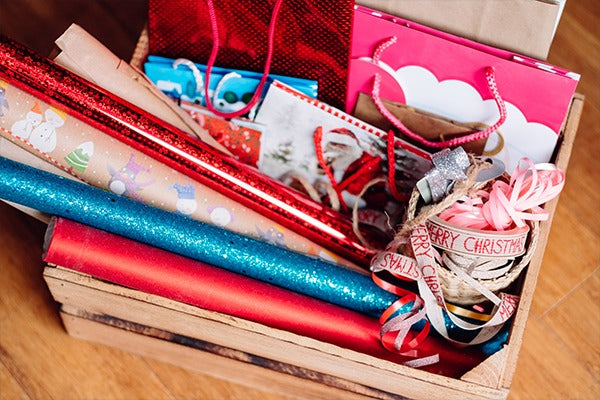
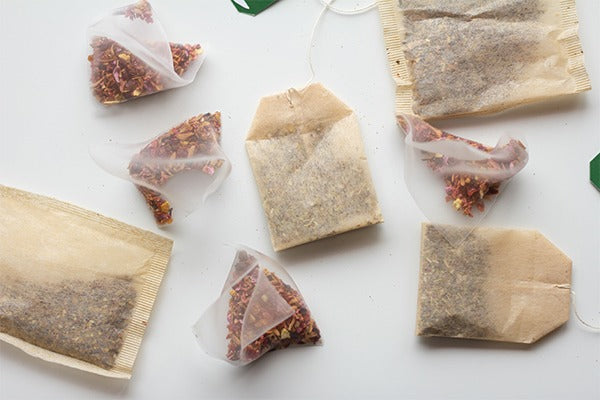
Leave a comment